.png)

Belgium 10-3-26 All Members Physical english
From modular business design to AI-driven pipelines, architectures, and operationsA composable enterprise is built on modular processes, API-driven ecosystems, low-code platforms, and cloud-native services. It promises speed and adaptability by allowing organisations to reconfigure their capabilities as conditions change. However, modular design alone does not guarantee resilience; the way these systems are engineered and operated is just as important.This is where AI is beginning to make a difference. Beyond generating snippets of code, AI is already influencing how entire systems are developed and run: accelerating CI/CD pipelines, improving test coverage, optimising Infrastructure-as-Code, sharpening observability, and even shaping architectural decisions. These changes directly affect how quickly new business components can be deployed, connected, and retired.In this session, we will examine how CIOs can bring these two movements together:Composable design is the framework for flexibility and modularity.AI-augmented engineering is the force that delivers the speed, quality, and intelligence needed to sustain it.The pitfalls of treating them in isolation: composability that collapses under slow engineering cycles, or AI that only adds complexity without a modular structure.The discussion goes beyond concepts to practical implications: how to architect organisations that can be recomposed at speed, without losing control or reliability. The outcome is an enterprise that is not only modular in design but also engineered to adapt continuously under real-world conditions.
Read More
Belgium 12-3-26 Physical english
Tomato! Tomato! Tomato! Get your tomato now! Every vendor sells security. And every company depends on vendors, partners, and suppliers. The more digital the business becomes, the longer that list grows, and so does the attack surface. One weak link, and there is always one, or one missed update, and trust collapses faster than any firewall can react. What used to be a procurement checklist has become a full-time discipline. Questionnaires, audits, and endless documentation prove that everyone’s “compliant,” yet incidents keep happening. So it’s clear: the issue isn’t lack of policy, or maybe a bit, but mostly lack of visibility. Beyond a certain point, even the most secure organisation is only as safe as its least prepared partner (or an employee who hadn’t had their morning coffee). So how far can you trust your vendors? How do you check what you can’t control? And when does assurance become theatre instead of protection? Does it come at a different cost? Let’s exchange what works and what fails in third-party risk management: live monitoring, shared responsibility models, contractual levers, and the reality of building trust in a chain you don’t own. A closed conversation for those redefining what partnership means when risk is shared but accountability isn’t.
Read More.jpg)
Belgium 19-3-26 Country Members Physical french
Moins de Partenaires : La consolidation vaut-elle le risque ? Le problème est la prolifération des fournisseurs : trop d'outils causant de la complexité, une taxe d'intégration paralysante et de la redondance. La Taxe d'Intégration est le coût caché (en temps, en échecs et en ressources) d'essayer de faire fonctionner ensemble des systèmes disparates. Cet échange se concentre sur des stratégies éprouvées pour simplifier de manière agressive le parc technologique, consolider les fournisseurs et élever certains fournisseurs clés au rang de partenaires stratégiques.
Read More
March 12, 2026 Squad Session Invitation Only Physical english
Tomato! Tomato! Tomato! Get your tomato now! Every vendor sells security. And every company depends on vendors, partners, and suppliers. The more digital the business becomes, the longer that list grows, and so does the attack surface. One weak link, and there is always one, or one missed update, and trust collapses faster than any firewall can react.
Read More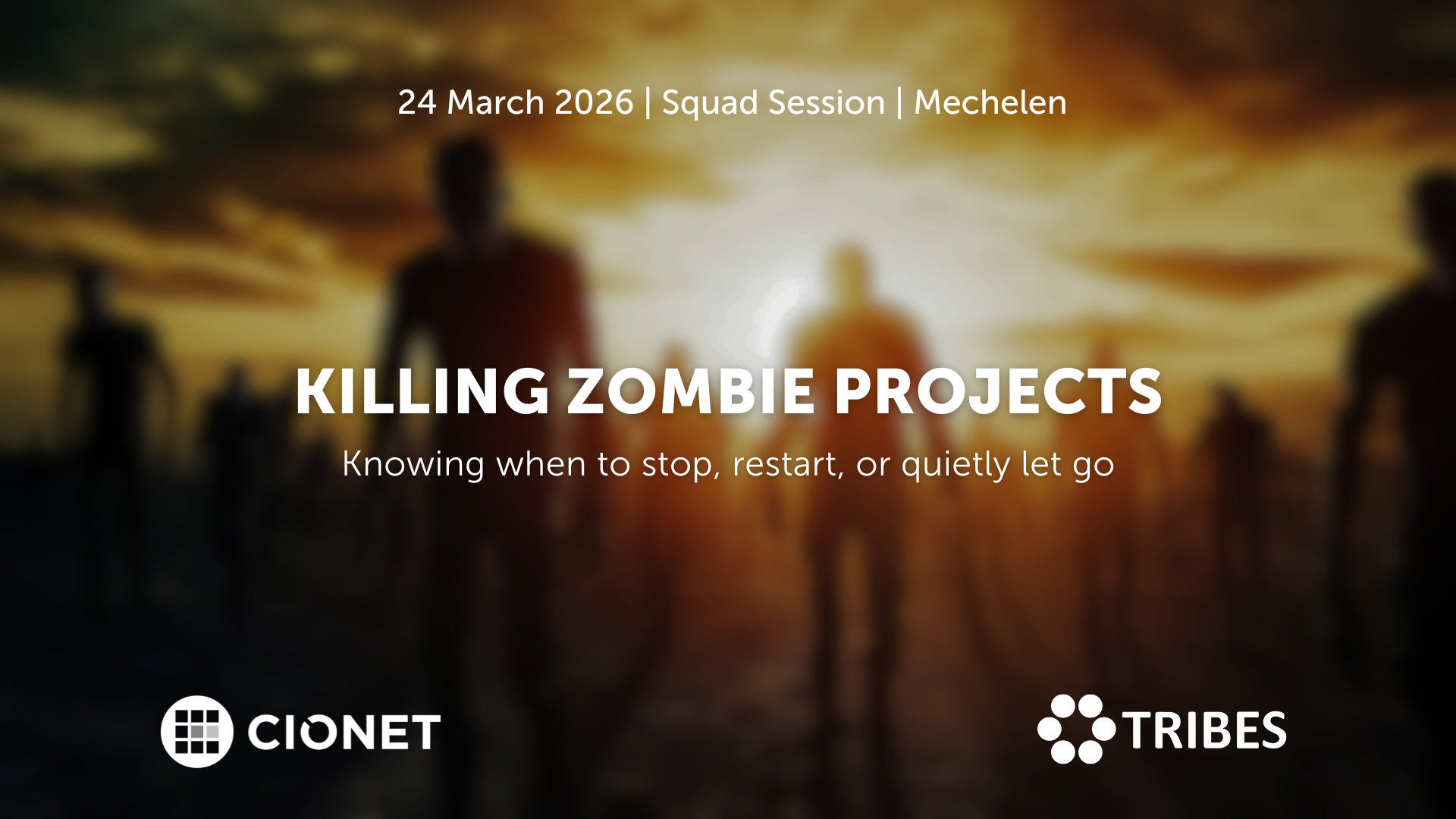
March 24, 2026 Squad Session Invitation Only Physical english
Every organisation has them, projects that keep running long after their purpose has faded. No one remembers who asked for them, but shutting them down feels riskier than keeping them alive. And eventually, people stay assigned, budgets stay allocated, and energy drains into work that no longer matters. Inertia at its finest.
Read More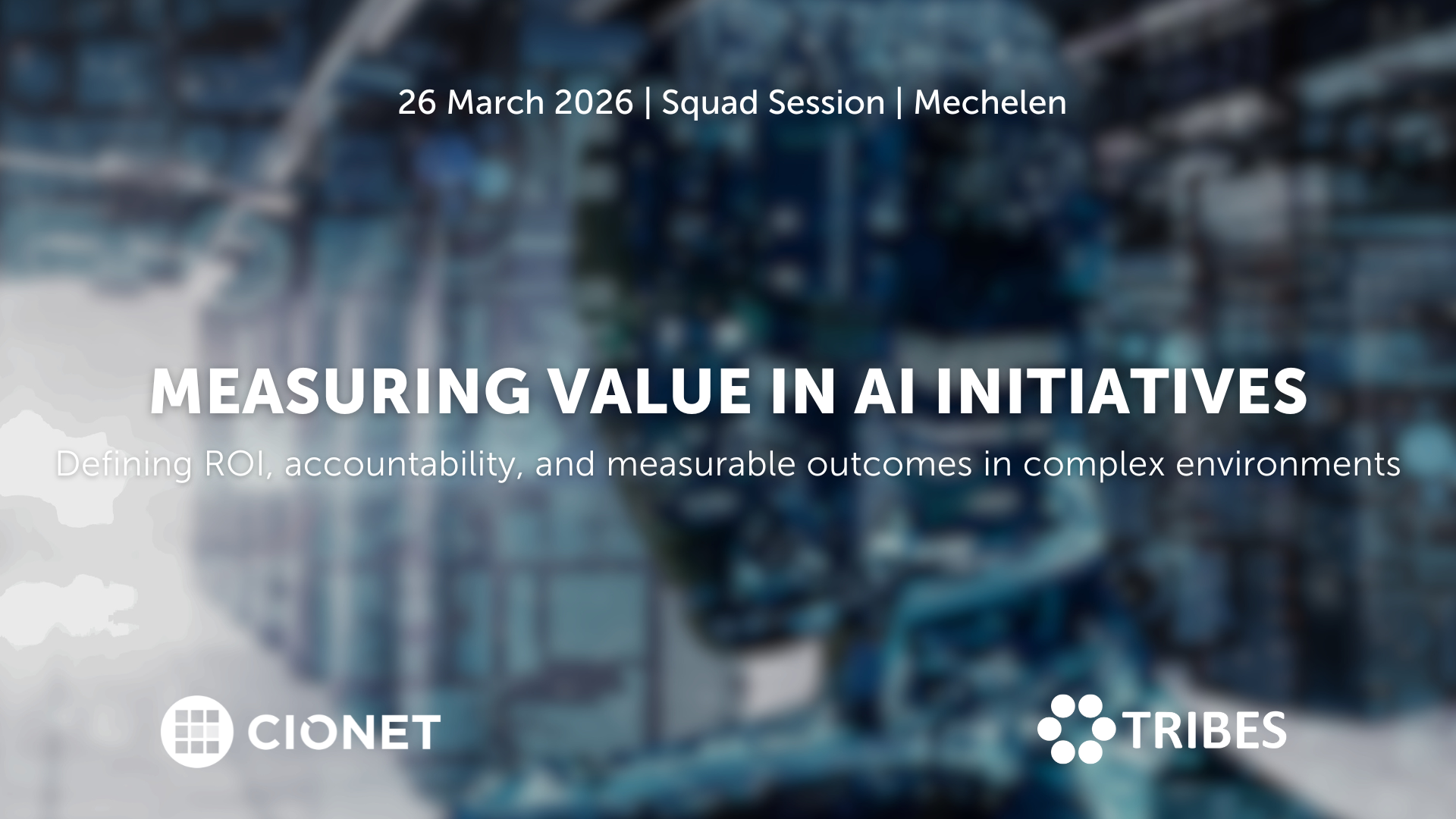
March 26, 2026 Squad Session Invitation Only Physical english
AI projects continue to multiply, but proving their value remains difficult. Most organisations can track activity, not impact. Dashboards count pilots and models, yet few translate to measurable business outcomes. The result is familiar: success stories without clarity on what they actually delivered.
Read More
CIONET Trailblazer: CISO: The Shift from Prevention to Resilience: Turning Visibility into Execution
Published on: January 28, 2026 @ 9:48 AM
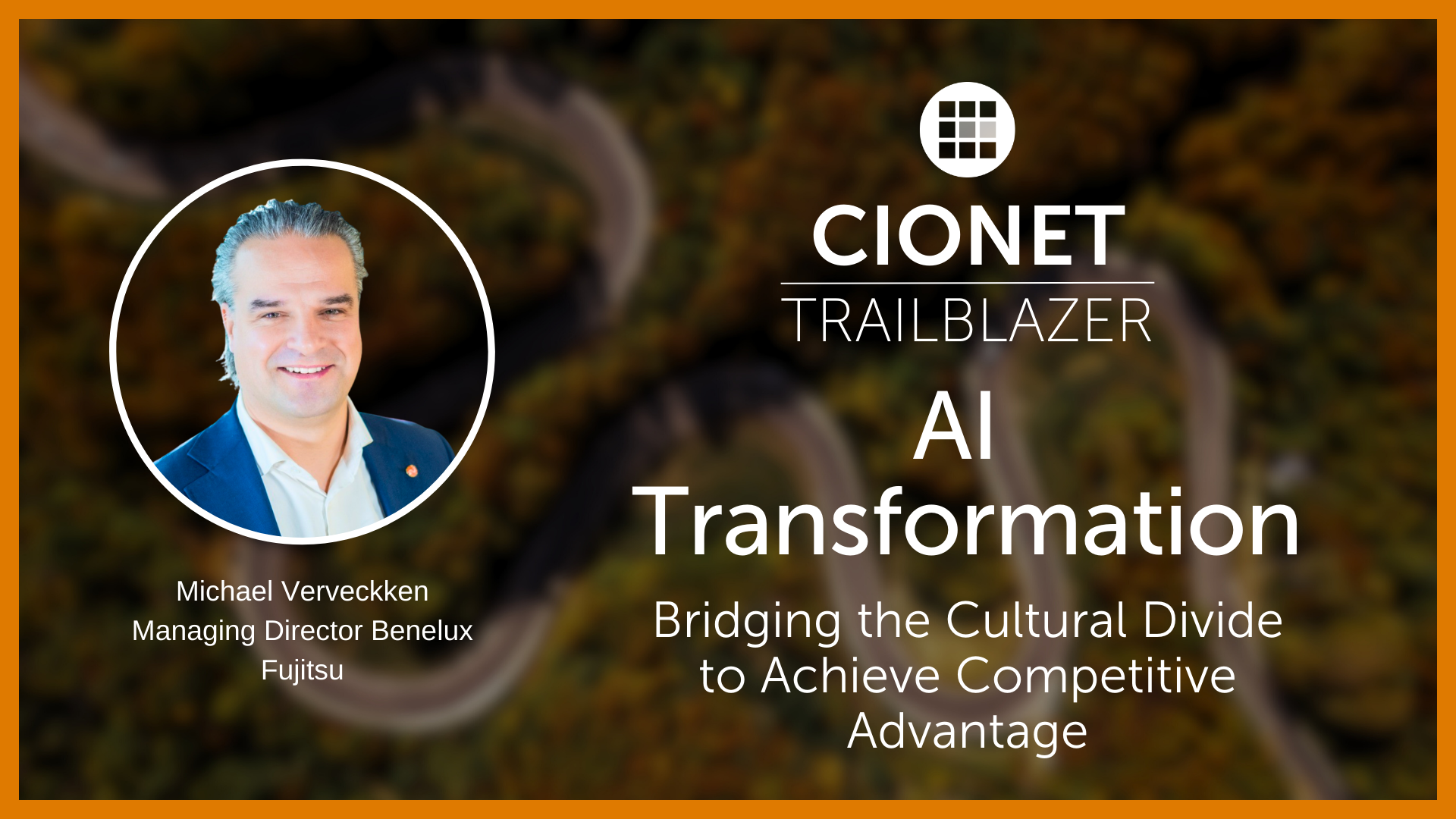
CIONET Trailblazer: AI Transformation: Bridging the Cultural Divide to Achieve Competitive Advantage
Published on: December 17, 2025 @ 9:16 AM
Mauritius Commercial Bank saves 2,000 IT team work days per year
To deliver new online banking features faster and expand to new markets, Mauritius Commercial Bank redesigned its IT infrastructure. By adopting Red Hat® OpenShift®, an enterprise open source container solution, supported by Red Hat Enterprise Linux®, MCB had established a responsive yet stable foundation for maintaining its Temenos Transact platform.
To deliver new online banking features faster and expand to new markets, Mauritius Commercial
Bank (MCB) decided to reimagine its IT infrastructure and embrace modern technology, such as
containers and automation. By adopting Red Hat OpenShift, an enterprise open source container
solution, supported by Red Hat Enterprise Linux, MCB had established a responsive yet stable
foundation for maintaining its Temenos Transact platform and scaling its mobile application to
500,000 users. Automating routine provisioning and operational processes with Red Hat Ansible
Automation Platform has also helped the bank save more than 2,000 work days per year, freeing
skilled employees to focus on building and delivering competitive new experiences to customers
Simplifying mobile banking platform to deliver new features faster
Founded in 1838, Mauritius Commercial Bank (MCB) is the country’s oldest and largest bank. Its 4
main subsidiaries operate in Mauritius, Seychelles, Madagascar, and Maldives, with additional market
presence in Sub-Saharan Africa and beyond.
To remain relevant in a rapidly changing industry, MCB began a digital transformation project in
2018 with three main goals: changing how products and services are delivered to customers,
gaining new technology skills, and maintaining an agile technology stack. This project combines
its missions of customer service excellence, continuous process improvement, and development
of a knowledgeable, motivate workforce with the latest technology innovation.
As a first focus area for the project, MCB sought to improve deployment of its core banking platform,
Temenos Transact. Each of the bank’s 4 main subsidiaries operated its own customized, locally
hosted instance of Temenos. Delivering infrastructure and software upgrades to each instance was
time-consuming and led to significant service downtime and disruption. The effort required to
maintain these unique versions of Temenos, services, and integrations also affected new product
development and market launches.
Adopting adaptable IT infrastructure with enterprise platforms from Red Hat
To maintain its reputation as a responsive, modern financial services provider, MCB sought to adopt
an agile, container-based IT architecture, ready for deployment into both its current infrastructure
environment and future private cloud environment.
“We realized that building a resilient operational backbone would be key, but we needed guidance
for how to meet strict security and compliance requirements. Ideally, we also wanted something
open source,” said Patrice Herve, Head of Technology, Mauritius Commercial Bank. “Red Hat offered
not only the advanced container and Linux technology we were looking for, but also the expert
consulting services to help us succeed in the face of technology issues or skills shortages.”
Working with Red Hat Consulting to determine challenge areas, business needs, and potential
solutions, MCB decided to deploy Red Hat OpenShift as the enterprise container foundation for
Temenos Transact. Running on Red Hat Enterprise Linux, this platform provides consistent
development, deployment, and management capabilities across hybrid environments—including
automated version and security management. To expand the built-in automation capabilities
provided by Red Hat OpenShift, MCB also adopted Red Hat Ansible Automation Platform. This
playbook-based, scalable platform integrates with the bank’s other Red Hat software for easier,
faster application of new process automations.
With step-by-step implementation guidance and training on the new technologies from Red Hat
consultants, MCB has now migrated workloads for almost all of its customer-facing operations—
including consumer, mobile, and internet banking—as well as all back-end middleware services
to Red Hat OpenShift.
“We started with smaller applications, such as our credit application platform, before moving on to our
business and flagship retail mobile banking applications,” said Herve. “Our plan to learn alongside
Red Hat experts with a clear set of goals over a set timeframe paved a path to successfully migrate
these critical services with minimal disruption.”
Expanding banking features to new customers—with less time and effort
Increased mobile application feature delivery from yearly to monthly
By replacing the 4 customized instances of Temenos Transact with a single, central solution running
in a modular Red Hat OpenShift container environment, MCB can now make faster, more frequent
upgrades to the platform’s capabilities and integration services.
“On our legacy infrastructure, we released new mobile features maybe once or twice a year. We had
to go through very painstaking testing processes to ensure consistent quality and performance
across each version of our technology stack,” said Herve. “Now, with Red Hat OpenShift providing
a consistent, central management point, we save time and effort that can be redirected to building
new features. We’re now delivering smaller, more iterative new releases monthly, or even more
frequently, with minimal disruption to existing services.”
For example, the bank recently deployed a new online account creation feature, as well as a
user-to-user mobile payment service. Delivering continual innovation to customers will help MCB
continue to compete in a challenging market against new startups and other entrants.
Saved more than 2,000 work days per year with automation
MCB strives to keep as many IT resources in-house as possible. While doing so means ongoing
access to a skilled, trained talent base, the bank also needs to balance maintaining low headcount
costs with continuing to deliver projects on time as business needs evolve. By introducing
human-readable, reusable scripts through Ansible Automation Platform, MCB’s IT department
has automated routine manual work for a variety of processes—freeing staff to focus on more
valuable work.
“We now have more than 1,000 Ansible Playbooks that save us over 2,000 work days per year,” said
Ronny Pazot, IT Specialist, Mauritius Commercial Bank. “Automation helps us do more productive
work with the same size team by removing repetitive tasks that do not add value.”
The bank has now reduced provisioning times for new development environments from 5 days to just
1 day, with 50% less execution time and 70% less hardware required. MCB anticipates similar results
when it expands automation to software engineering and related activities.
“Automation is an ongoing process,” said Herve. “We’re embracing the possibilities provided by
Red Hat Ansible Automation Platform to continually analyze which processes take the most time to
complete, and where those manual processes could potentially be partially or fully automated.”
Simplified business expansion to new customers and markets
In the past, expanding to new markets, products, and services was a complex process that required
MCB to develop an end-to-end customized solution. Standardizing on Red Hat Enterprise Linux and
Red Hat OpenShift provides a common foundation for delivering services to new business locations
and users. The bank is now processing more than 300,000 payments per day without latency or
other performance issues.
“For instance, if we want to expand our business in Africa, we can simply deploy new services within
our existing banking stack instance, with minor tweaks to address any unique regional or country
market conditions,” said Herve. “Having a stable, reliable operating system and application platform
in place makes scaling easier. Where we previously struggled to run a mobile app for 200,000
customers, Red Hat OpenShift now enables a high-quality experience for nearly 500,000 users.”
Creating a cloud-based future for mobile services
With a Linux and container foundation and automated processes in place, MCB continues to look for
new ways to improve Temenos Transact with innovative technology, such as hybrid cloud computing.
“As we have begun setting up our private cloud environment, we have also started to test a public
cloud solution to access even greater scale as our customer base continues to grow,” said Herve.
“Our Red Hat technology will make it easier to move workloads between these cloud environments.
We see cloud as a key element of our digital transformation journey, and working with Red Hat is a
big part of helping us achieve our vision.”
About Mauritius Commercial Bank
Mauritius Commercial Bank, founded in 1838, is the country’s oldest and largest banking institution.
It is also the oldest banking institution in sub-Saharan Africa, and one the oldest in the Commonwealth
that still uses its original name. MCB has a local network of 40 branches and 150 ATMs in Mauritius
and operates major subsidiaries in Seychelles, Maldives, and Madagascar. It offers a broad and
growing range of products and services to individuals, businesses, and other organizations
288 Views 0 Likes Read More

Digital Transformation is redefining the future of health care and health delivery. All stakeholders are convinced that these innovations will create value for patients, healthcare practitioners, hospitals, and governments along the patient pathway. The benefits are starting from prevention and awareness to diagnosis, treatment, short- and long-term follow-up, and ultimately survival. But how do you make sure that your working towards an architecturally sound, secure and interoperable health IT ecosystem for your hospital and avoid implementing a hodgepodge of spot solutions? How does your IT department work together with the other stakeholders, such as the doctors and other healthcare practitioners, Life Sciences companies, Tech companies, regulators and your internal governance and administrative bodies?
Read More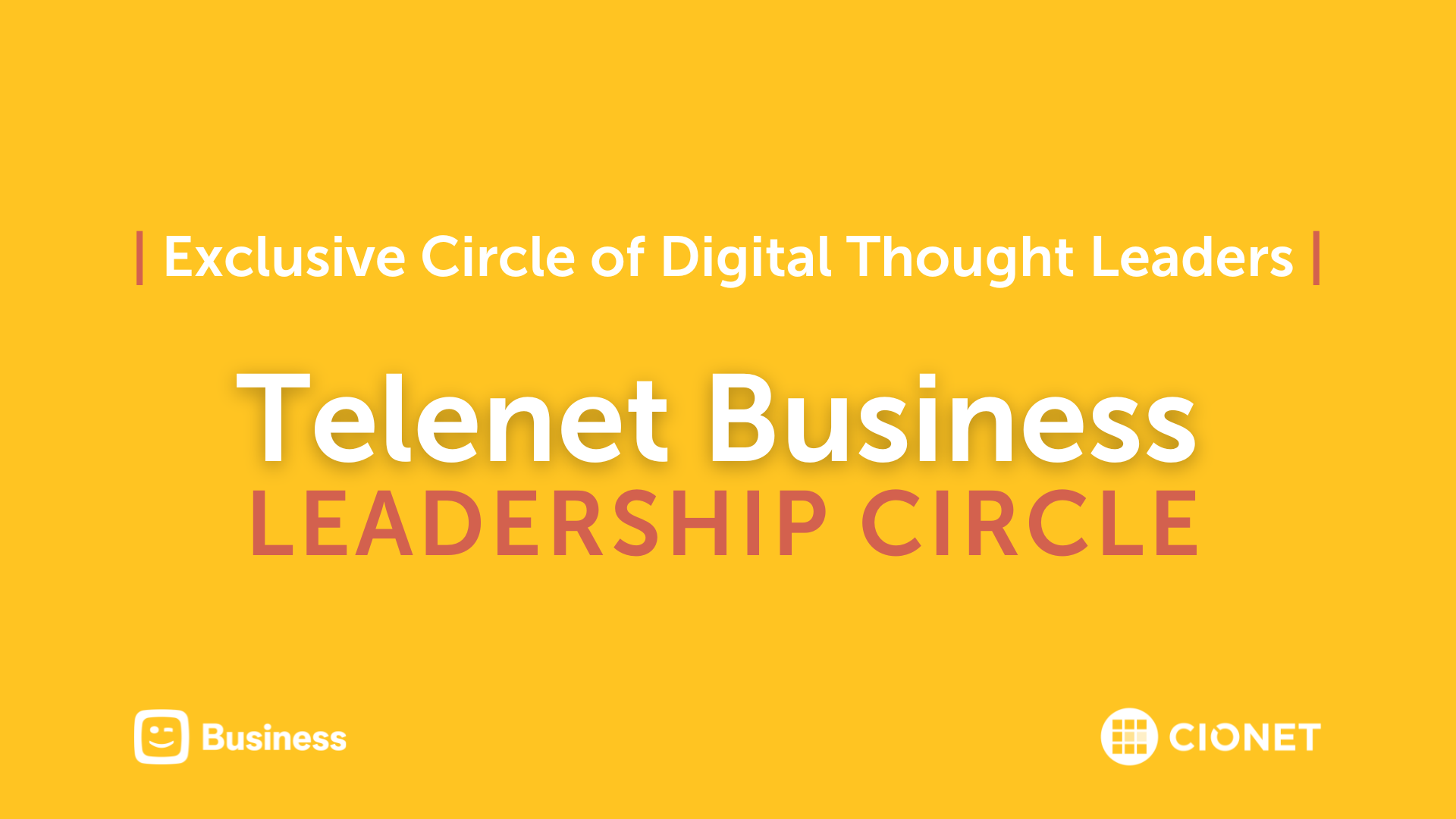
The Telenet Business Leadership Circle powered by CIONET, offers a platform where IT executives and thought leaders can meet to inspire each other and share best practices. We want to be a facilitator who helps you optimise the performance of your IT function and your business by embracing the endless opportunities that digital change brings.
Read More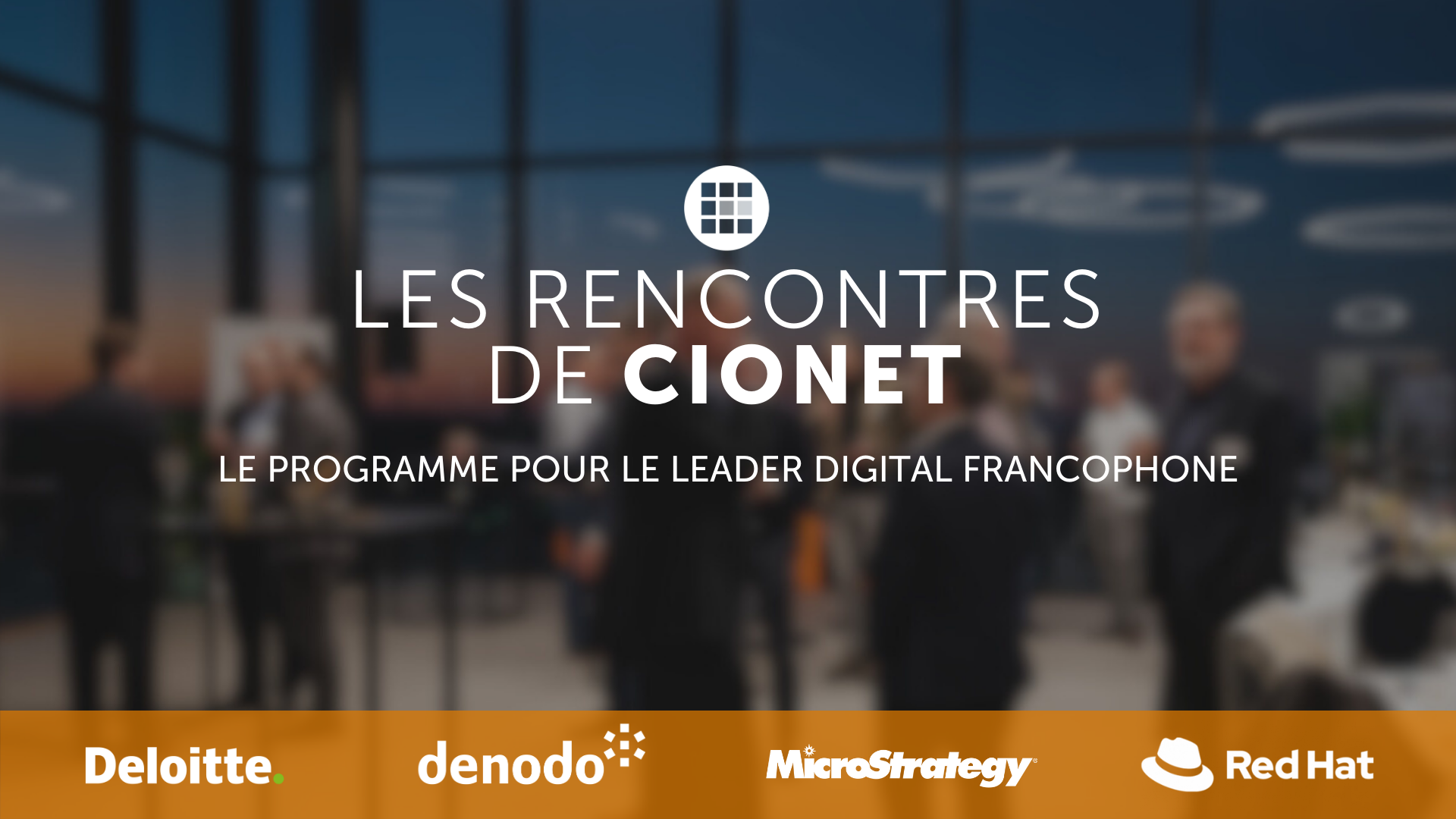
Découvrez la dynamique du leadership numérique aux Rencontres de CIONET, le programme francophone exclusif de CIONET pour les leaders numériques en Belgique, rendu possible grâce au soutien et à l'engagement de nos partenaires de programme : Deloitte, Denodo et Red Hat. Rejoignez trois événements inspirants par an à Liège, Namur et en Brabant Wallon, où des CIOs et des experts numériques francophones de premier plan partagent leurs perspectives et expériences sur des thèmes d'affaires et de IT actuels. Laissez-vous inspirer et apprenez des meilleurs du secteur lors de sessions captivantes conçues spécialement pour soutenir et enrichir votre rôle en tant que CIO pair. Ne manquez pas cette opportunité de faire partie d'un réseau exceptionnel d'innovateurs numériques !
Read More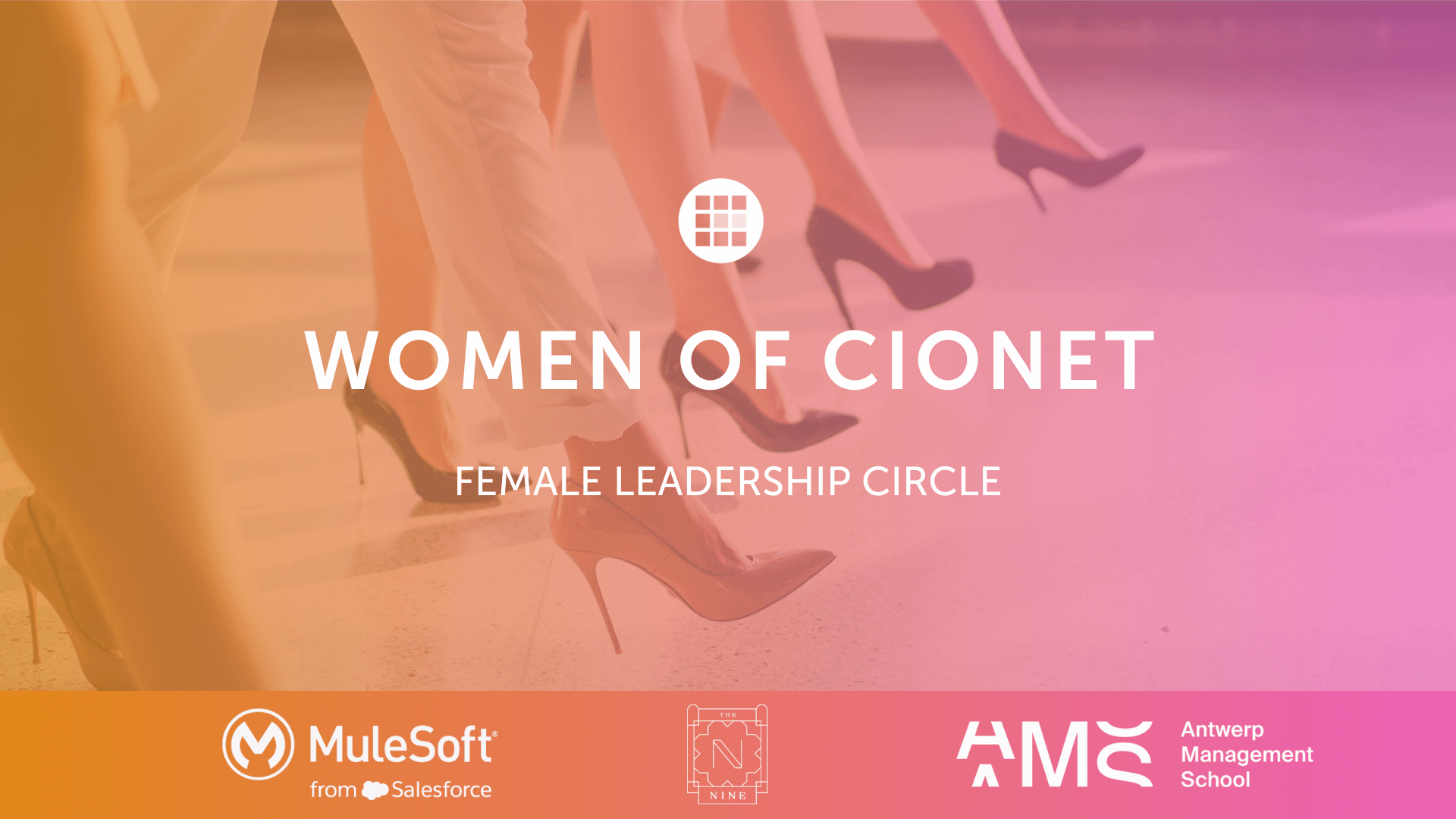
CIONET is committed to highlighting and celebrating female role models in IT, Tech & Digital, creating a leadership programme that empowers and elevates women within the tech industry. This initiative is dedicated to showcasing the achievements and successes of leading women, fostering an environment where female role models are recognised, and their contributions can ignite progress and inspire the next generation of women in IT. Our mission is to shine the spotlight a little brighter on female role models in IT, Tech & Digital, and to empower each other through this inner network community.
Read More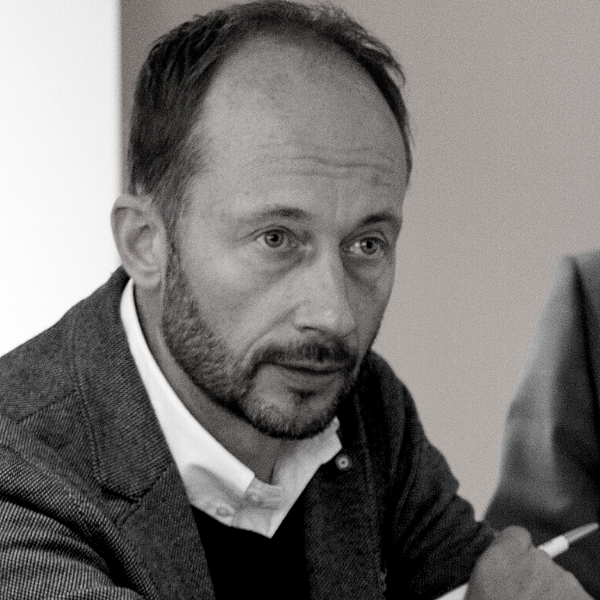


-Apr-01-2022-10-58-34-57-AM.png)









-Dec-13-2023-10-53-15-5032-AM.png)



-Jun-12-2023-01-23-11-7540-PM.png)



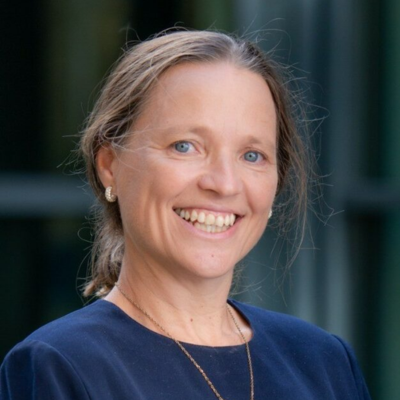
-Apr-01-2022-10-58-34-68-AM.png)



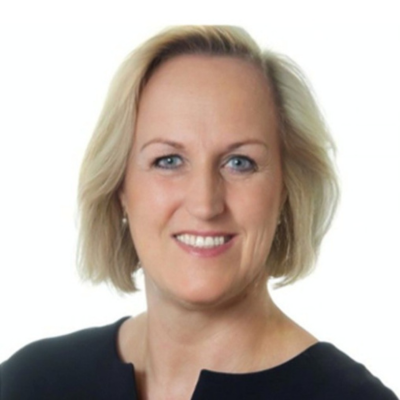
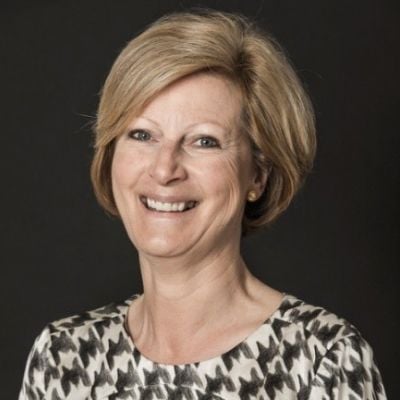



.png)


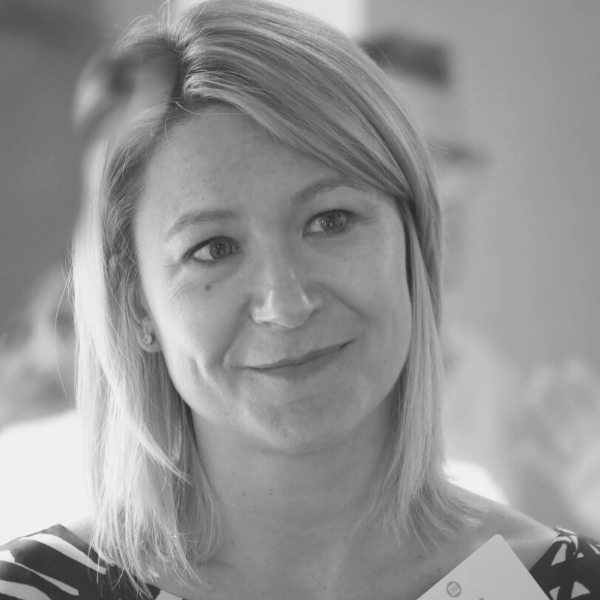






-Sep-01-2022-02-47-55-60-PM.png)
-Nov-22-2023-08-56-42-6802-AM.png)
.png)

Would you like to know more about CIONET Belgium, membership or partnership opportunities? Do you have feedback or any other question? Send us a message!
You can either send us a registered handwritten letter explaining why you'd like to become a member or you can simply talk to us right here!